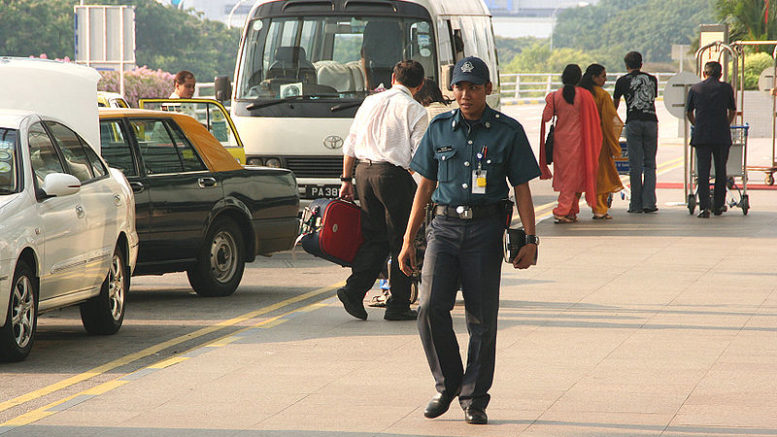Majority of security firms in compliance
I refer to the article “Majority of security firms in compliance with Progressive Wage Model requirements” (Channel NewsAsia, Dec 21).
It states that “The majority of Singapore’s roughly 250 security firms are now in compliance with the Progressive Wage Model (PWM) requirements set for the industry, according to the police which said that to date, “investigations against four security agencies are ongoing”.
Earlier estimated 60% of firms non-compliant?
Commenting on the level of compliance, the National Trades Union Congress (NTUC) said this is a positive step, given that earlier estimates by the Union of Security Employees (USE) put the bulk of the industry – or up to 150 firms – at risk of failing to comply by the deadline.
Small firms struggling
NTUC noted that some smaller, non-unionised firms with fewer resources may struggle to meet the requirements.”
What does “majority” mean?
What does “the majority of Singapore’s roughly 250 security firms” mean? – 51, 60, 80 per cent?
How many per cent of the firms are in compliance? Did any drop out because they couldn’t comply?
Minimum basic pay of $1,100?
As to “Security officers should also be paid wages that are in line with or higher than levels specified in the PWM. These start from S$1,100 for an entry-level security officer, to about S$1,700 and above for senior security supervisors and chief security officers” – according to the MOM’s wages benchmarking tool – the median basic and gross wage of security guards is $1,100 and $1,838, respectively.
Basic pay in 2013 was $800?
In 2013, the median basic and gross wage was $800 and $1,700, respectively.
Basic pay increased $300, but gross pay increased $138?
So, the median basic and gross wage has increased by $300 ($1,100 – $800) and $138 ($1,838 – $1,700), respectively.
Why is it that whilst the median basic wage increased by 37.5 per cent ($1,100 divided by $800) – the median gross wage only increased by 8.1 per cent ($1,838 divided by $1,700)?
Are some employers cutting back on other cash benefits, because they have to increase the basic wage by $300?
After adjusting for inflation of about one per cent during the period (CPI 99.67 divided by 98.148) – the median gross wage only increased by about 7.1 per cent in real terms.
Progressive wage model really helps?
So, arguably, the progressive wage model may have failed to really help security guards, because the target to raise their basic wage from $800 to $1,100 was achieved – it has resulted in a real gross wage increase of only about $121.
Still $6 an hour?
Moreover, the typical security guard works 12 hours a day for six days a week. Thus, their gross pay may still be only about $6 per hour, and a basic pay of only about $5.70 per hour.
Leong Sze Hian
